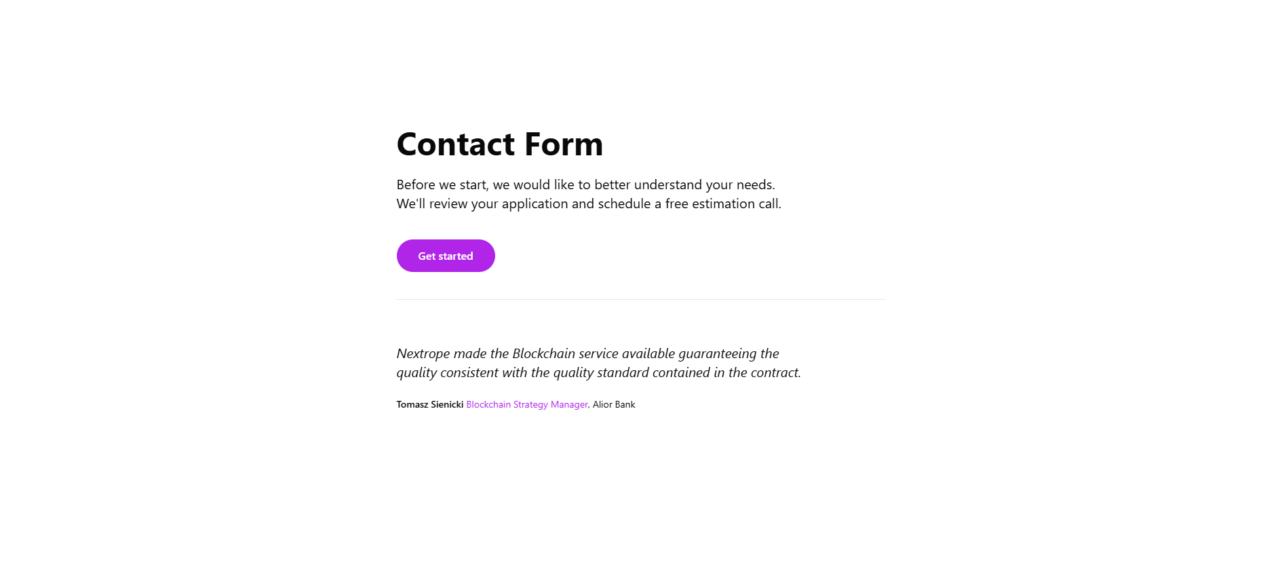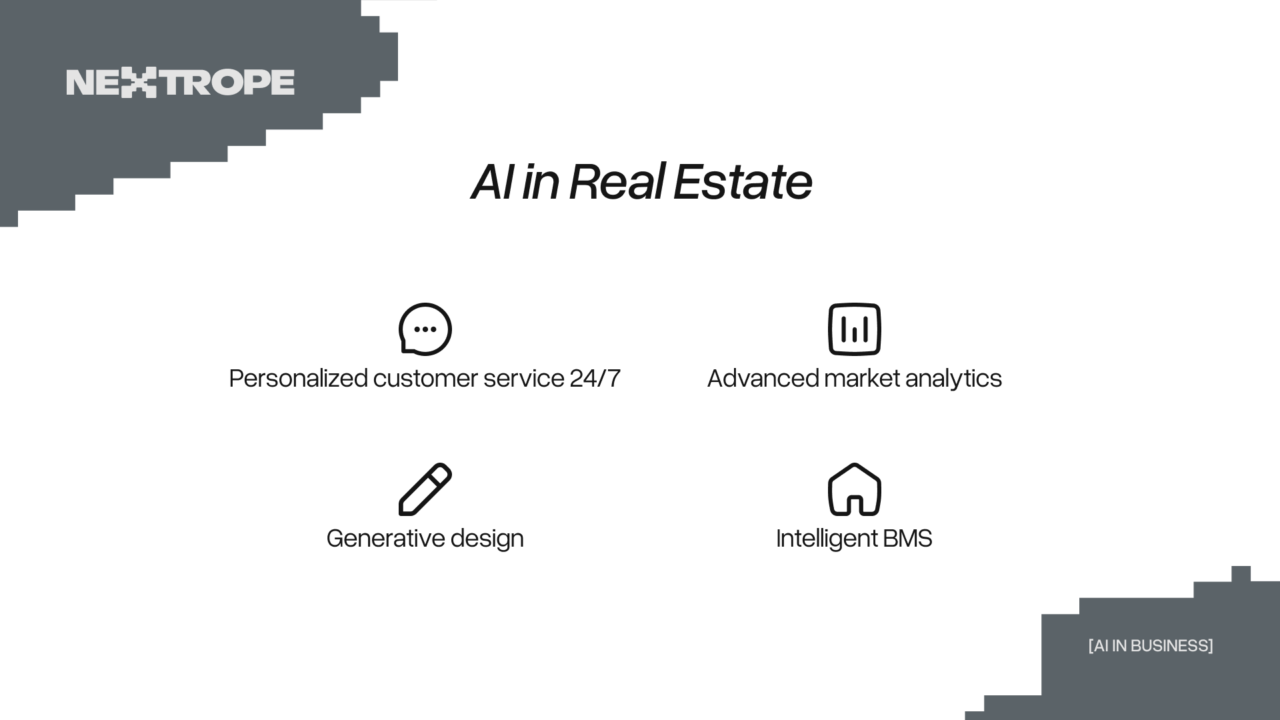Tokenization is becoming a better alternative to solutions that have been present in the financial world for decades. Why might STO be a better choice than the traditional venture capital model?
Finding a fund is one of the main challenges facing growth-hungry entrepreneurs. Over the years, the financial world has developed solutions that effectively help them do this.
One of them is venture capital (risk capital). VC is financing provided by investors to small companies that they believe have long-term growth potential. It usually comes from wealthy individuals or institutional investors such as banks. VC does not have to take the form of money. It can also take the form of technology or business advice. During the transaction, parts of the ownership of a company are sold to several investors through venture capital funds.
VC has functioned for several decades as a source of obtaining funding for enterprises. However, it is important to be aware of its limitations. On the Nextrope blog we have taken a closer look at them, while trying to answer the question in what respects STO may be a better choice.
VC vs STO - key differences
Control
It is common practice for a member of the Venture Capital management team to have a direct influence on the activities in the financed company, e.g. by joining the board. This means that by signing an agreement with the fund, the owners of the company lose full control over the management of their business. From that moment on, the owners must inform the fund about every key decision, which the fund usually has the right to overrule.
Of course, an experienced VC fund in this way is able to contribute to improving the management of the company and have a positive impact on its development. However, their possible lack of familiarity with the realities of a particular industry may result in blocking decisions that the owners consider to be the most appropriate.
By opting for an STO, they leave themselves the option to run their company in the way they think is best. It is up to the owners of the company to decide which decisions require a vote of the token holders and which they will make entirely independently. And if a vote is indeed necessary on a particular issue, investors will be able to take part in it through their account from anywhere in the world, which will significantly speed up the whole process.
Cost and time-consuming
The process of organising VS funding is relatively complex and involves many, often costly, intermediaries. In addition, it is extremely time-consuming. The first stages alone usually take between 12 and 18 months. This would not be such a big problem if it were not for the necessity to participate in numerous travelling marketing actions and negotiations with potential investors, which often distract owners from the development of their companies for several months.
In addition, VC always carries the risk of delays in funding. As venture capital involves the exchange of a large amount of funds, the investor may not be willing to submit them all at once. Often, a company will have to meet certain milestones in order to receive the entire amount requested.
On the other hand, a well executed tokenisation in some cases can result in funding being raised in as little as a few weeks. There are also no payment delays involved, as all funds go to the company as soon as tokenisation is completed. The process itself is also much simpler and involves far fewer intermediaries (READ HOW IT WORKS STEP BY STEP HERE).
VC vs STO: liquidity and entry barriers
Venture capital is demanding not only for the companies seeking funding, but also for the investors themselves. Usually, in order to join an investment round, they need to have relatively large capital at their disposal. Therefore, most of them are institutions or wealthy private individuals. It is the high entry barrier that significantly narrows the group of potential investors.
Added to this is the issue of high illiquidity. If someone is considering investing their money in venture capital, they must be prepared to freeze it for a very long time - about 7-12 years. A premature withdrawal of funds is associated with significant losses and cannot be carried out without management approval. Because of this lack of liquidity, investment in venture capital often scares off even those with sufficient capital.
STO, above all, allows the minimum investment amount to be set quite freely. This significantly broadens the group of investors - there can be thousands of them, they just need to be accredited. Moreover, it solves the problem of lack of liquidity. The tokens issued represent traditional ownership and revenue rights, while providing investors with the ability to freely trade them on secondary markets. As a result, they are able to liquidate their investment at essentially any time.
STOs and Venture Capital - what's next?
The growing popularity of STOs is just one manifestation of the digitalisation trend that is gaining momentum in financial markets and may soon lead to the emergence of completely new capital management mechanisms. Blockchain-based smart contracts and distributed ledgers will significantly speed up the process of not only raising and circulating capital, but also, for example, preparing an audit.
However, it is worth remembering that there are no universal solutions and STO will not be the most optimal choice in every case. If you would like to find out how STO would work for your company, our team will be happy to answer all your questions.
 en
en  pl
pl 












